Ecosystems
-
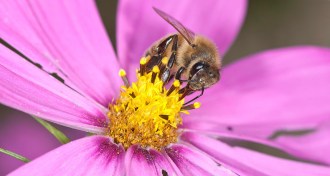 Earth
EarthKeeping global warming to 1.5 degrees C helps most species hold their ground
Holding global warming to 1.5 degrees Celsius by 2100 could help protect tens of thousands of insect, plant and vertebrate species.
-
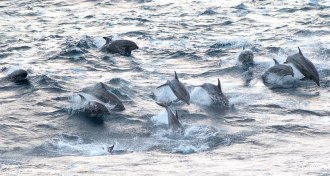 Climate
ClimateBull sharks and bottlenose dolphins are moving north as the ocean warms
Rising temperatures are making ocean waters farther north more hospitable for a variety of marine species.
-
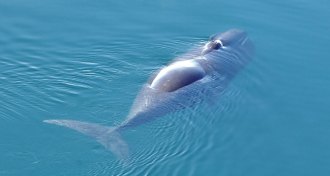 Animals
AnimalsSee (and hear) the stunning diversity of bowhead whales’ songs
Bowhead whales display a huge range in their underwater melodies, but the drivers behind this diversity remain murky.
-
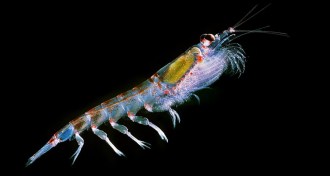 Animals
Animals‘The Curious Life of Krill’ is an ode to an underappreciated crustacean
A new book makes the case that Antarctic krill and the dangers they face deserve your attention.
-
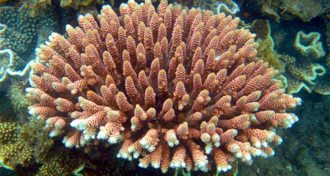 Climate
ClimateHeat waves are roasting reefs, but some corals may be resilient
The latest research on coral reefs clarifies the devastation of heat waves and looks at how coral might be able to adapt to warming waters.
By Dan Garisto -
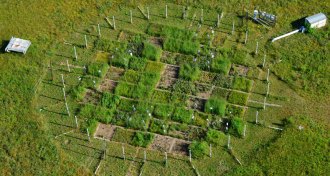 Climate
ClimateRising CO2 levels might not be as good for plants as we thought
A 20-year experiment spots a reversal in the way two kinds of plants take up extra carbon from the atmosphere.
-
 Oceans
OceansMasses of shrimp and krill may play a huge role in mixing oceans
Hoards of migrating shrimp and krill can cause large-scale turbulence in the ocean, a new study suggests.
-
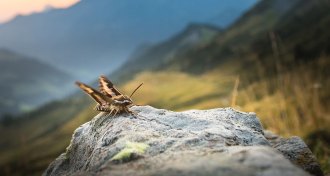 Animals
AnimalsFlying insects tell tales of long-distance migrations
Researchers are asking big questions about animal movements and pest control by tracking tiny insects in flight.
-
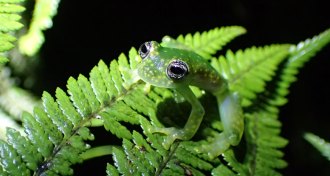 Animals
AnimalsSome frogs may be bouncing back after killer chytrid fungus
Frogs in Panama may be developing defenses against a fatal skin disease, a new study suggests.
By Susan Milius -
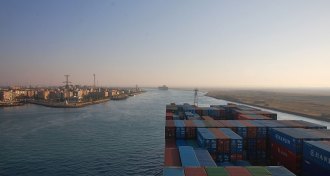 Ecosystems
Ecosystems50 years ago, invasive species traveled the Suez Canal
Hundreds of Red Sea species used the Suez Canal to migrate to the Mediterranean Sea, leading to the decline of some native species.
By Kyle Plantz -
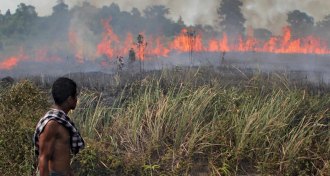 Ecosystems
EcosystemsWhen bogs burn, the environment takes a hit
Bogs and other peatlands around the world store outsized amounts of carbon. Climate change and agriculture are putting them at risk.
-
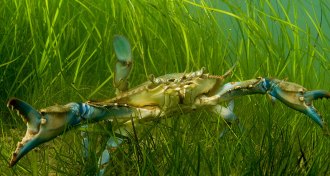 Ecosystems
EcosystemsPollution regulations help Chesapeake Bay seagrass rebound
Regulations that have reduced nitrogen runoff into the Chesapeake Bay are driving the recovery of underwater vegetation.